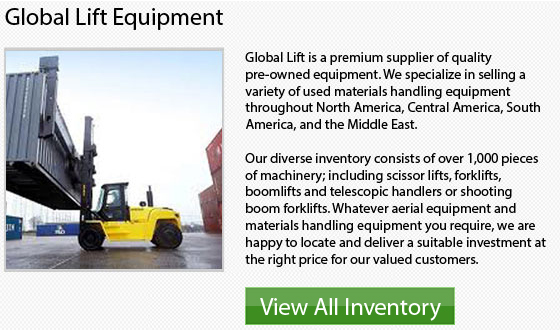
The company Pinguely-Haulotte was just named the Haulotte Group during the year 2005. The name change was the first time within 124 years the name has not included Pinguely. The Haulotte Group is popular for manufacturing articulated work platforms, telescopic work platforms, vertical mast-work platforms, scissor lifts and trailer mounted work platforms.
On July 24th, 2008 the Haulotte Group acquired Bil-Jax, who was the US' biggest scaffold manufacturer. At present, Haulotte Group has three plants in France, one factory in Spain, one factory in Romania, near the City of Pitesti. There is a new factory which opened in the winter of 2008. This factory is only 1 km away from the existing factory near the city of Pitesti in Arges County. The factory is known as Arges II. There are also two plants in the USA, the former Bill-Jax.
Pinguely
Alexandre Pinguely formed the Pinguely Company during the year 1881 in Lyon, France. Initially, they constructed steam locomotives. The business evolved into making machinery eventually. During the year 1892, they supplied a steam engine to the Chemin de Fer de St Victor a Thizy.
The company provided 7 locomotives to the Voiron-Saint-Beron railway. Pinguely was not considered a major steam engine manufacturer when it comes to numbers produced. The company provided a steam locomotive to the Chemin de Fer du Haut-Rhone in 1930 and by 1932, Pinguely started manufacturing steam shovels. Steam locomotive production was stopped and the company started concentrating instead on mobile cranes and making earthmoving machinery instead.
Haulotte
In 1924, Haulotte was established in L'Horme by Arthur Haulotte. The company was referred to as Ateliers de Construction A. Haulotte. This company specialized in the production of derricks, aerial platforms and mobile cranes.
Pinguely-Haulotte
It was decided that the actual manufacturing was to be sub-contracted to Pinguely-Haulotte. They were to be responsible for the engineering and marketing, design, research and development. All products were abandoned by Saubot so that the company could concentrate on self-propelled aerial work platforms.